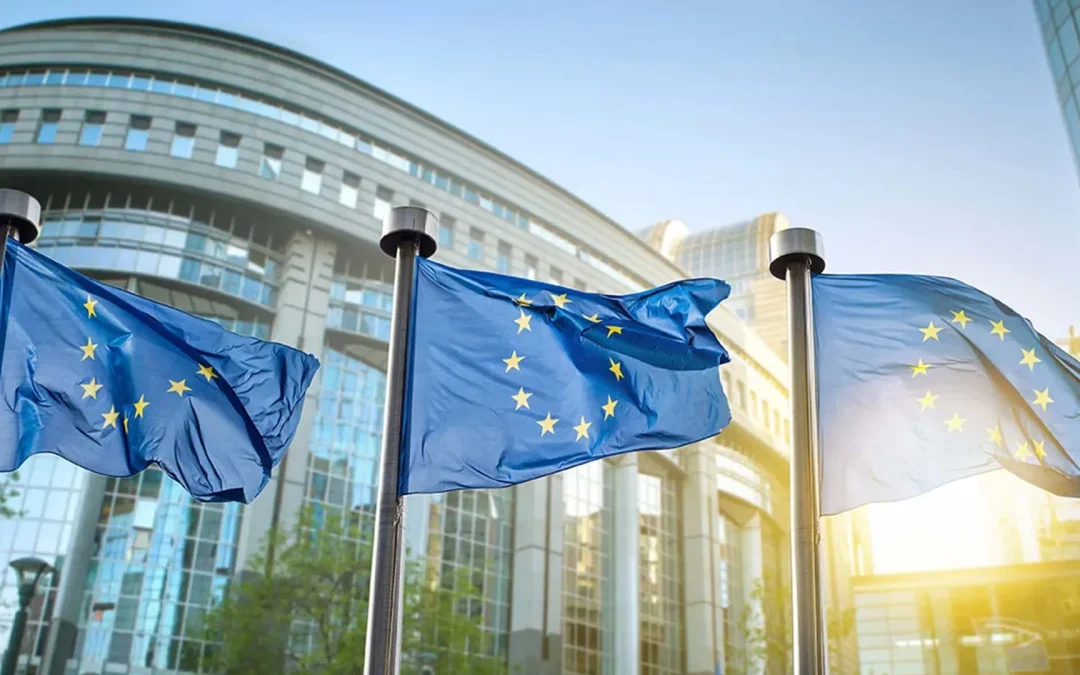 Europe puts many of Silicon Valley’s biggest companies in their sights and wants to impose substantial fines if they abuse their position.
Europe puts many of Silicon Valley’s biggest companies in their sights and wants to impose substantial fines if they abuse their position.
The European Union announced this week new proposals for digital services, including social media, online marketplaces, and other online platforms that operate in the European Union.
The Digital Services Act and the Digital Markets Act are part of Ursula von der Leyen’s Commission’s Europe’s Digital Decade plans to protect consumers and their fundamental rights online and will lead to fairer and more open digital markets for everyone.
Under the proposal’s large online platforms “Gatekeepers” like Amazon, Facebook and Google will face new restrictions on how they can expand, or face levies of up to 10% of their global revenue for unfairly disadvantaging smaller rivals.
The EU also plans to impose fines on online platforms with 45 million users across the 27 member states who fail to meet the new obligations if they fail to manage illegal content on their platforms. Everything from counterfeit goods sold on e-commerce platforms to hate speech on social media.
 “The two proposals serve one purpose: to make sure that we, as users, have access to a wide choice of safe products and services online. Said Margrethe Vestager, Executive Vice-President for a Europe fit for the Digital Age, adding: “And that businesses operating in Europe can freely and fairly compete online just as they do offline. This is one world. We should be able to do our shopping in a safe manner and trust the news we read. Because what is illegal offline is equally illegal online.”
“The two proposals serve one purpose: to make sure that we, as users, have access to a wide choice of safe products and services online. Said Margrethe Vestager, Executive Vice-President for a Europe fit for the Digital Age, adding: “And that businesses operating in Europe can freely and fairly compete online just as they do offline. This is one world. We should be able to do our shopping in a safe manner and trust the news we read. Because what is illegal offline is equally illegal online.”
The Imaging Consumables Coalition of Europe, Middle East and Africa (ICCE) welcomes the draft Digital Services Act (DSA) and “commends the Commission for its attempt to rebalance the responsibilities of stakeholders participating in the European online economy.”
The ICCE commented that “the proposal does not seem to have gone as far as implementing a proactive “take down, stay down regime” in respect to counterfeit listings which many had called for, but the proposal does envisage suspending services to a recipient who repeatedly provides illegal content.
Publishing the two draft acts are just the first steps towards becoming law. The 27 member states and the European Parliament all now have their say. The big challenge though, is there is no consensus on how to regulate tech companies. The earliest this could become law is 2023, but probably longer. Then of course the tech companies who will be responsible for delivering the oversight are likely to argue tooth and nail in the EU courts.
You can find out more about the Digital Services Act, here.
You can find out more about the Digital Markets Act, here.




















